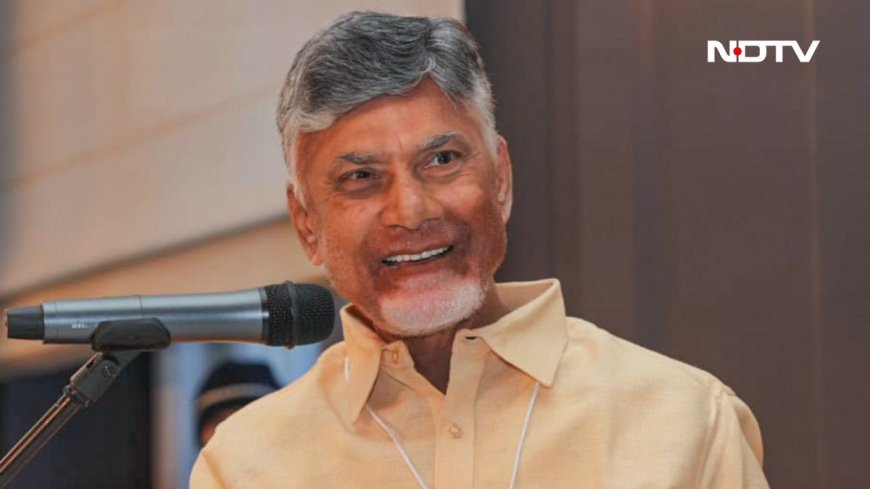Opinion: Now, Chandrababu Naidu Wants People To Have More Children
Andhra Pradesh's TFR is around 1.7, well below the 2.1 norm that is typically considered necessary for stabilising a population. Projections suggest that by 2041, its population will begin to decline.

Opinion: Now, Chandrababu Naidu Wants People To Have More Children
In a surprising move, former Andhra Pradesh Chief Minister Chandrababu Naidu has called for an increase in the birth rate among the state’s population. His statement has sparked discussions across various social and political platforms, as he highlights the economic and social implications of declining birth rates. This opinion piece explores the potential impacts of Naidu’s proposition and its relevance to the current demographic trends in India.
The Context of Declining Birth Rates
India, like many countries, is experiencing a gradual decline in birth rates. Factors such as urbanization, education, and economic considerations have contributed to this trend. Naidu’s appeal comes at a time when several states are grappling with an aging population and a shrinking workforce. He argues that a higher birth rate is essential for ensuring economic growth and sustainability in the coming decades.
Economic Implications of Higher Birth Rates
Naidu emphasizes that a robust population can lead to a larger workforce, which is integral for driving economic development. With younger demographics typically fuelling innovation and productivity, a surge in birth rates might help counterbalance the challenges posed by an aging society. In his view, stronger support for families and incentives for child-rearing could lay the groundwork for a more prosperous future for Andhra Pradesh.
Social Considerations and Family Dynamics
Chandrababu Naidu’s suggestion also raises fundamental questions about societal values and family dynamics. Encouraging larger families may lead to a shift in traditional roles and responsibilities. He advocates for policies that not only incentivize childbirth but also support families in providing adequate education and healthcare for their children. This holistic approach could enhance the quality of life for many families across the state.
Public Reaction and Future Outlook
The public reaction to Naidu’s call has been mixed. While some see merit in revitalizing the population growth, others raise concerns about the developmental resources required to support larger families. Critics argue that merely increasing birth rates without addressing existing socio-economic issues could lead to more challenges in the future. Moving forward, it will be crucial for policymakers to balance population growth with sustainable development.
News by dharmyuddh.com shows that the discourse surrounding population dynamics will continue to evolve. As more politicians and leaders weigh in on this crucial issue, the conversation should ideally steer towards nurturing both demographic and economic health in tandem. Keywords: Chandrababu Naidu child policy, population growth in India, Andhra Pradesh birth rate, family planning in India, economic implications of birth rates, social impact of larger families, public reaction to Naidu's proposal, child incentives Andhra Pradesh, demographic challenges India, support for families in India.







